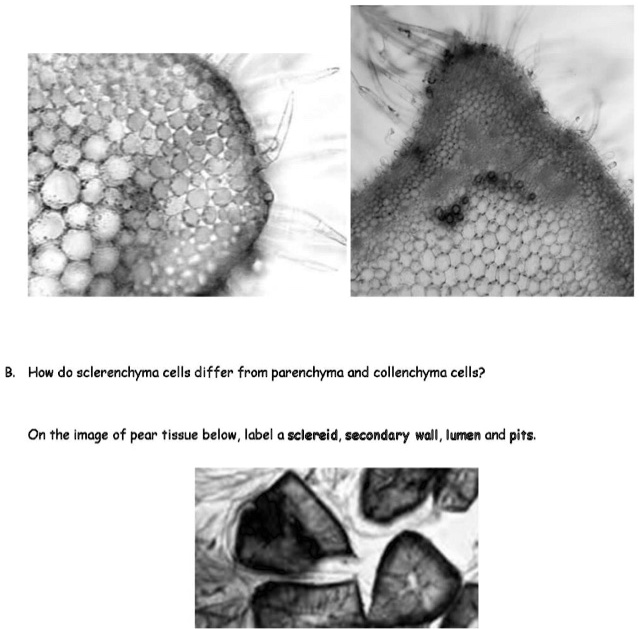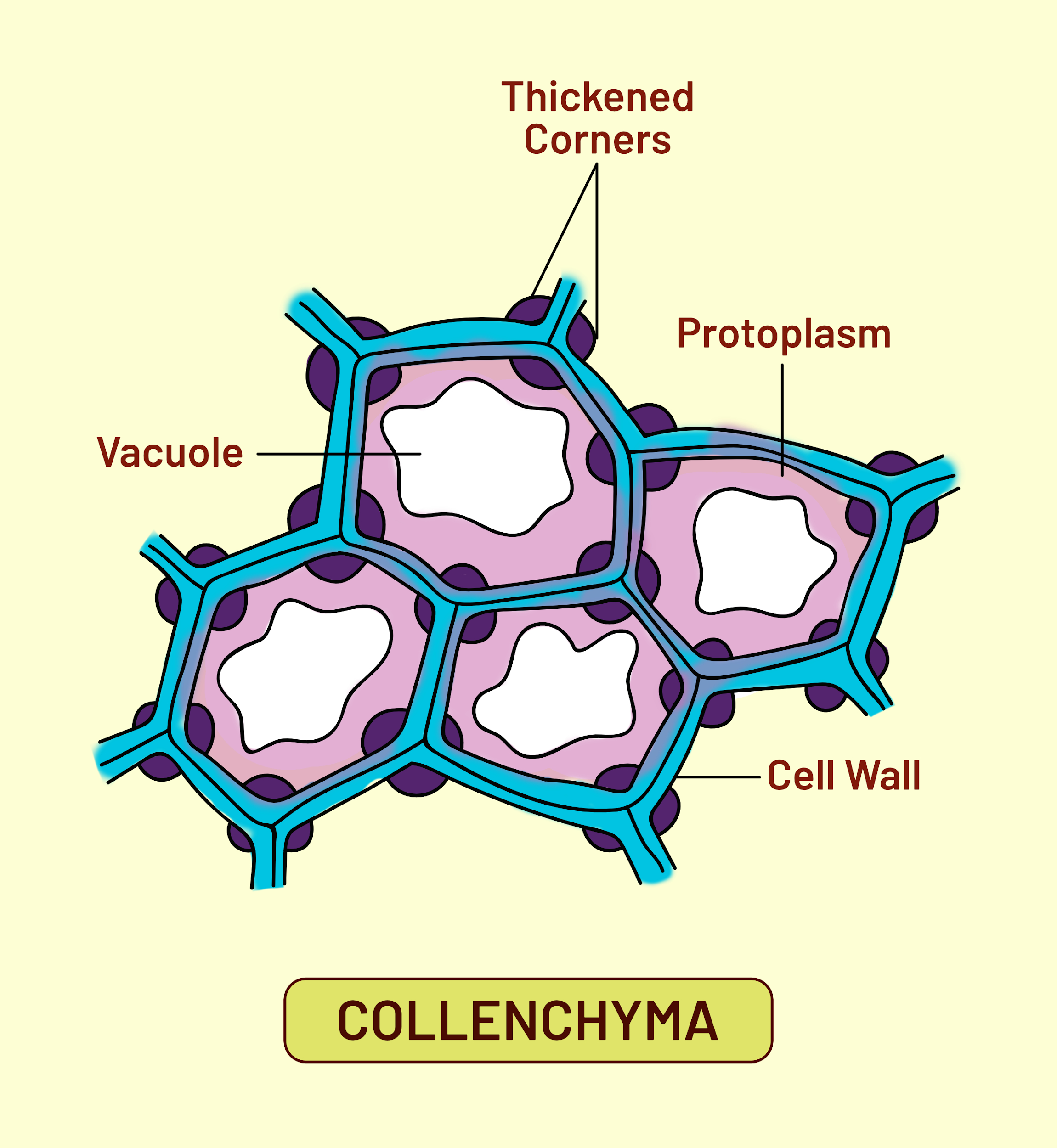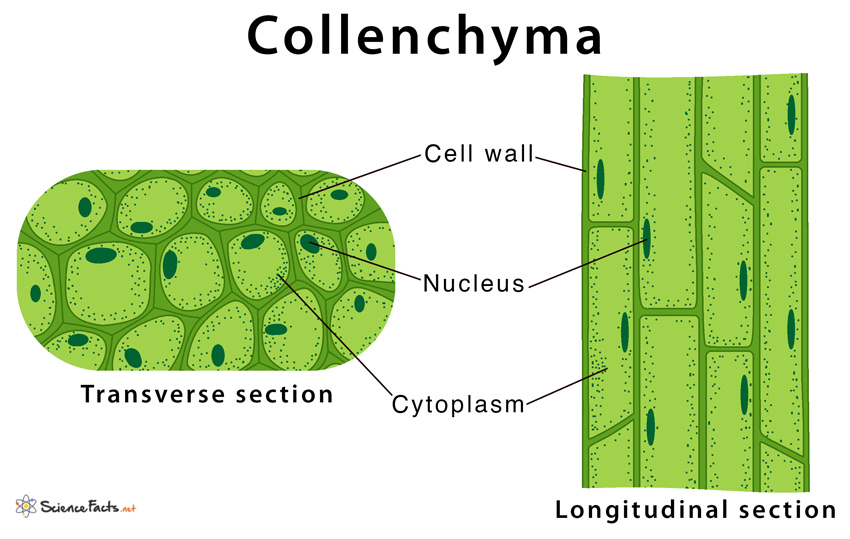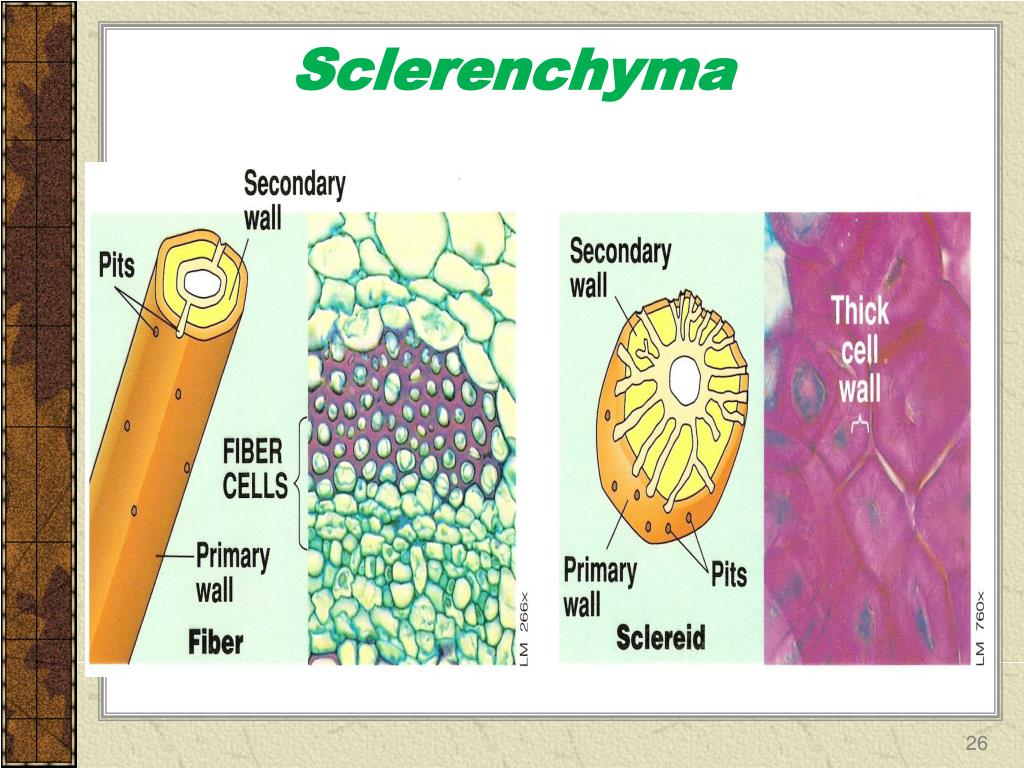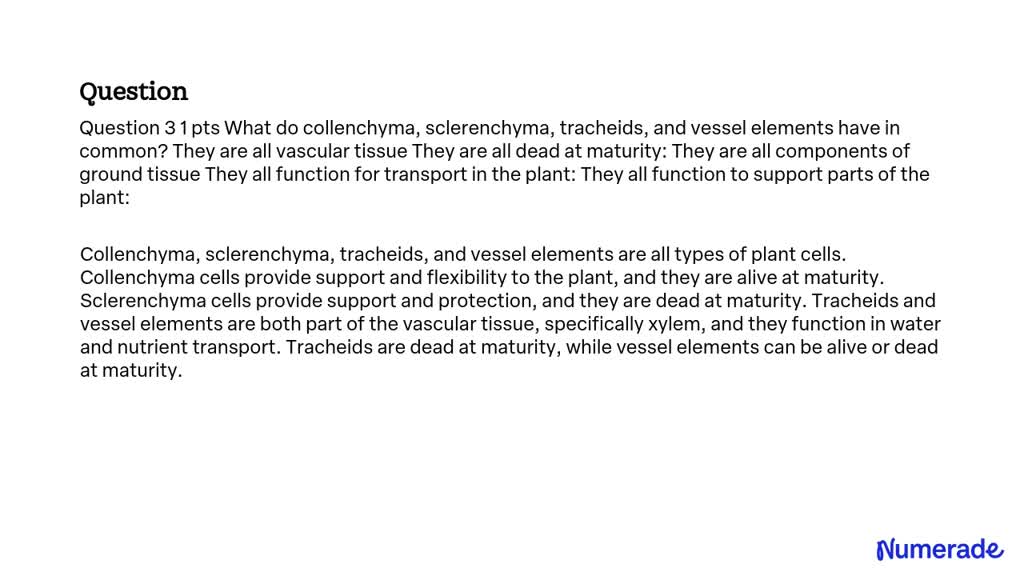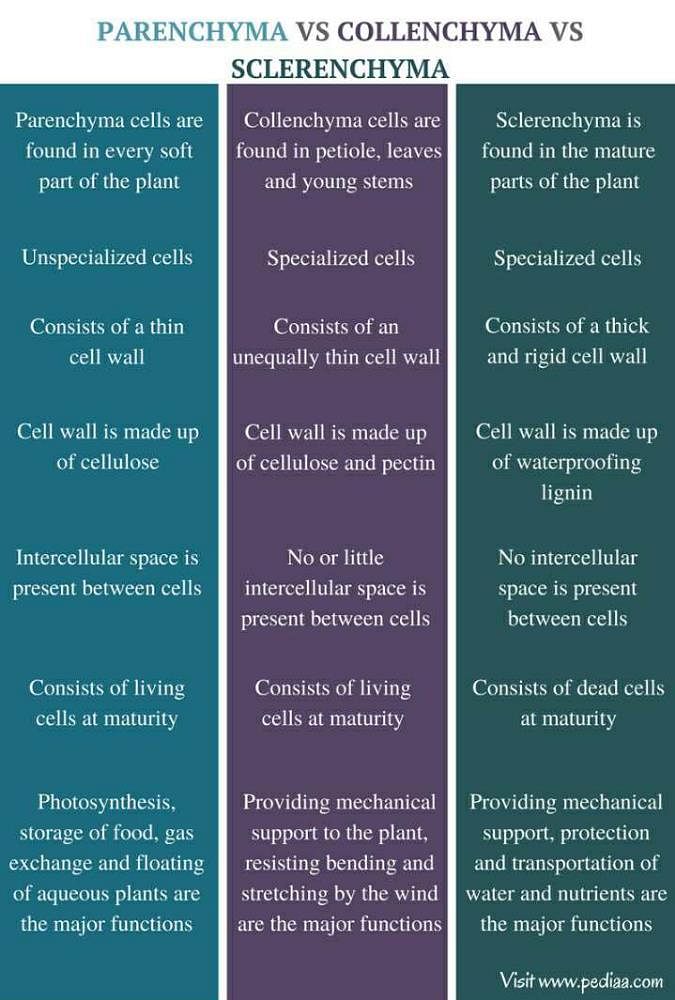What Do Sclerenchyma And Collenchyma Have In Common
What Do Sclerenchyma And Collenchyma Have In Common - Parenchyma have thin walls of. There are four steps in bacterial conjugation. Sclerenchyma cells provide rigid and durable support due to their thick, lignified cell. The main tissue types of the ground tissue system are parenchyma, collenchyma and sclerenchyma. What do sclerenchyma and collenchyma have in common? Collenchyma is a type of plant tissue that provides support and flexibility, while sclerenchyma is a rigid tissue that lends plants. Sclerenchyma and collenchyma both function for support. They both function for support. Collenchyma cells have thick walls and are irregular in shape.
Parenchyma have thin walls of. What do sclerenchyma and collenchyma have in common? The main tissue types of the ground tissue system are parenchyma, collenchyma and sclerenchyma. Sclerenchyma and collenchyma both function for support. They both function for support. Collenchyma is a type of plant tissue that provides support and flexibility, while sclerenchyma is a rigid tissue that lends plants. Collenchyma cells have thick walls and are irregular in shape. There are four steps in bacterial conjugation. Sclerenchyma cells provide rigid and durable support due to their thick, lignified cell.
There are four steps in bacterial conjugation. They both function for support. Collenchyma cells have thick walls and are irregular in shape. What do sclerenchyma and collenchyma have in common? Sclerenchyma cells provide rigid and durable support due to their thick, lignified cell. Sclerenchyma and collenchyma both function for support. Parenchyma have thin walls of. Collenchyma is a type of plant tissue that provides support and flexibility, while sclerenchyma is a rigid tissue that lends plants. The main tissue types of the ground tissue system are parenchyma, collenchyma and sclerenchyma.
Common between sclerenchyma and collenchyma is a. Material transport b
Sclerenchyma cells provide rigid and durable support due to their thick, lignified cell. Collenchyma cells have thick walls and are irregular in shape. What do sclerenchyma and collenchyma have in common? Parenchyma have thin walls of. Sclerenchyma and collenchyma both function for support.
how do sclerenchyma cells differ from parenchyma and collenchyma cells
Sclerenchyma cells provide rigid and durable support due to their thick, lignified cell. Parenchyma have thin walls of. They both function for support. There are four steps in bacterial conjugation. Collenchyma is a type of plant tissue that provides support and flexibility, while sclerenchyma is a rigid tissue that lends plants.
llQuestionllWhat is the difference between Parenchyma, Collenchyma
They both function for support. Collenchyma cells have thick walls and are irregular in shape. The main tissue types of the ground tissue system are parenchyma, collenchyma and sclerenchyma. Sclerenchyma cells provide rigid and durable support due to their thick, lignified cell. Sclerenchyma and collenchyma both function for support.
Mechanical tissue consisting of living cells is (a)Sclerenchyma(b
They both function for support. Sclerenchyma and collenchyma both function for support. The main tissue types of the ground tissue system are parenchyma, collenchyma and sclerenchyma. Collenchyma cells have thick walls and are irregular in shape. Sclerenchyma cells provide rigid and durable support due to their thick, lignified cell.
Question Video Identifying Sclerenchyma Tissue from a Description Nagwa
They both function for support. What do sclerenchyma and collenchyma have in common? Sclerenchyma and collenchyma both function for support. Parenchyma have thin walls of. Sclerenchyma cells provide rigid and durable support due to their thick, lignified cell.
Plant Tissue Study Guide Inspirit
Collenchyma cells have thick walls and are irregular in shape. Parenchyma have thin walls of. Collenchyma is a type of plant tissue that provides support and flexibility, while sclerenchyma is a rigid tissue that lends plants. Sclerenchyma and collenchyma both function for support. There are four steps in bacterial conjugation.
Difference Between Collenchyma and Sclerenchyma Compare the
Collenchyma cells have thick walls and are irregular in shape. They both function for support. Sclerenchyma and collenchyma both function for support. What do sclerenchyma and collenchyma have in common? Parenchyma have thin walls of.
PPT CHAPTER 35 PowerPoint Presentation, free download ID6828131
The main tissue types of the ground tissue system are parenchyma, collenchyma and sclerenchyma. They both function for support. Sclerenchyma cells provide rigid and durable support due to their thick, lignified cell. Parenchyma have thin walls of. There are four steps in bacterial conjugation.
SOLVED Question 3 1 pts What do collenchyma, sclerenchyma, tracheids
What do sclerenchyma and collenchyma have in common? The main tissue types of the ground tissue system are parenchyma, collenchyma and sclerenchyma. Parenchyma have thin walls of. Collenchyma is a type of plant tissue that provides support and flexibility, while sclerenchyma is a rigid tissue that lends plants. They both function for support.
What Do Sclerenchyma And Collenchyma Have In Common?
Sclerenchyma and collenchyma both function for support. Collenchyma is a type of plant tissue that provides support and flexibility, while sclerenchyma is a rigid tissue that lends plants. Parenchyma have thin walls of. There are four steps in bacterial conjugation.
They Both Function For Support.
Sclerenchyma cells provide rigid and durable support due to their thick, lignified cell. The main tissue types of the ground tissue system are parenchyma, collenchyma and sclerenchyma. Collenchyma cells have thick walls and are irregular in shape.

